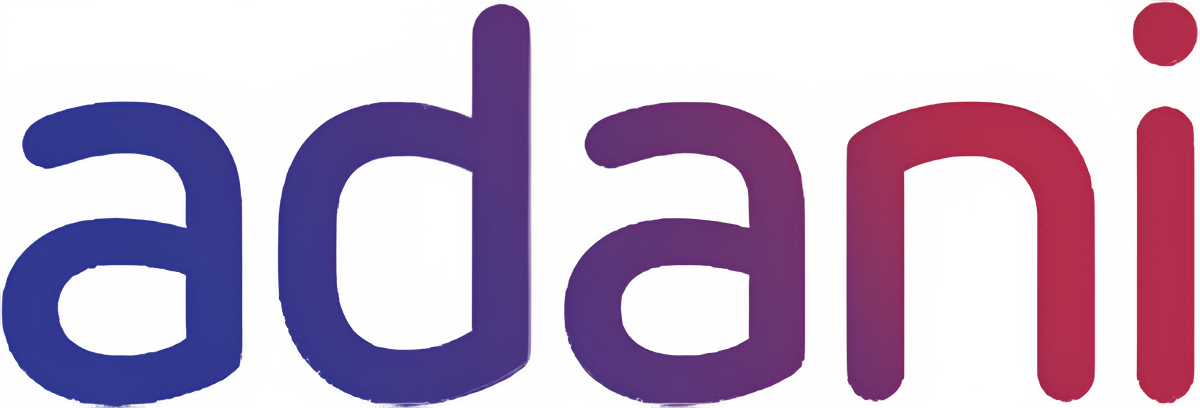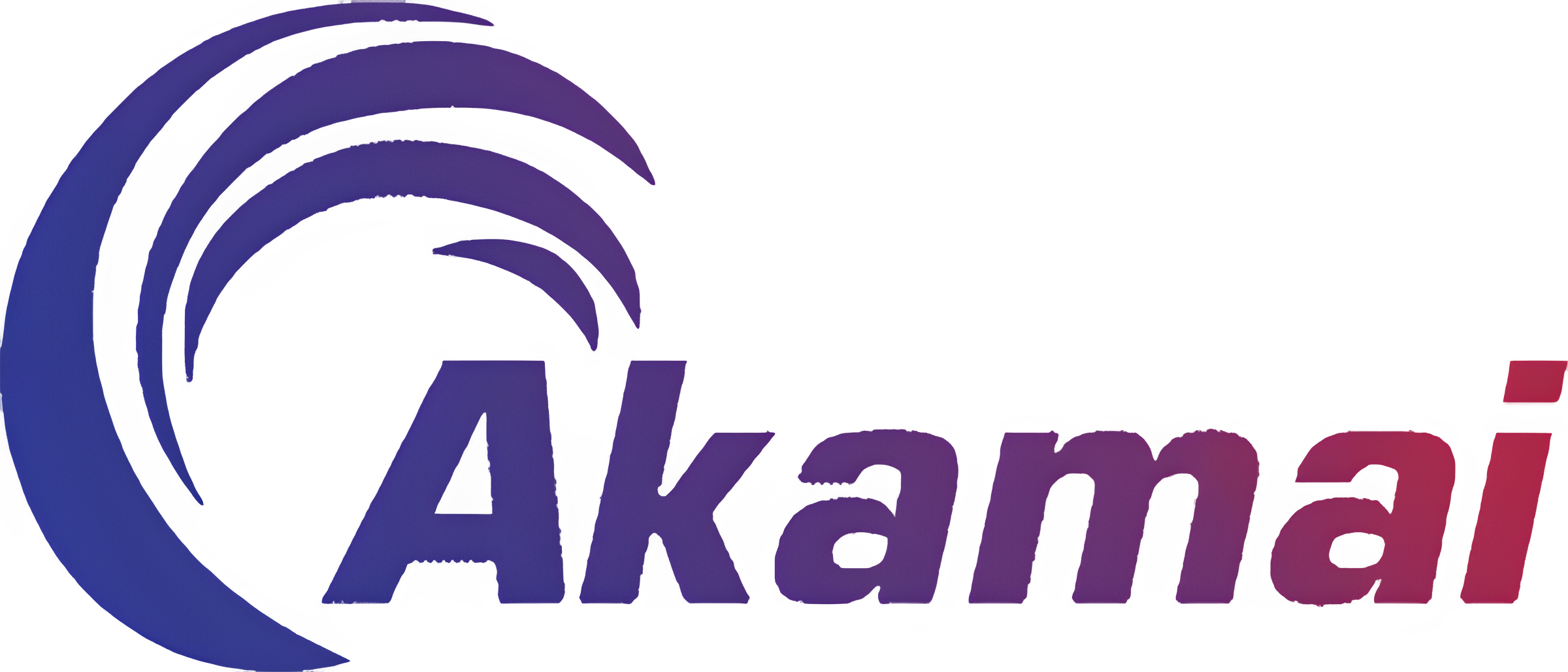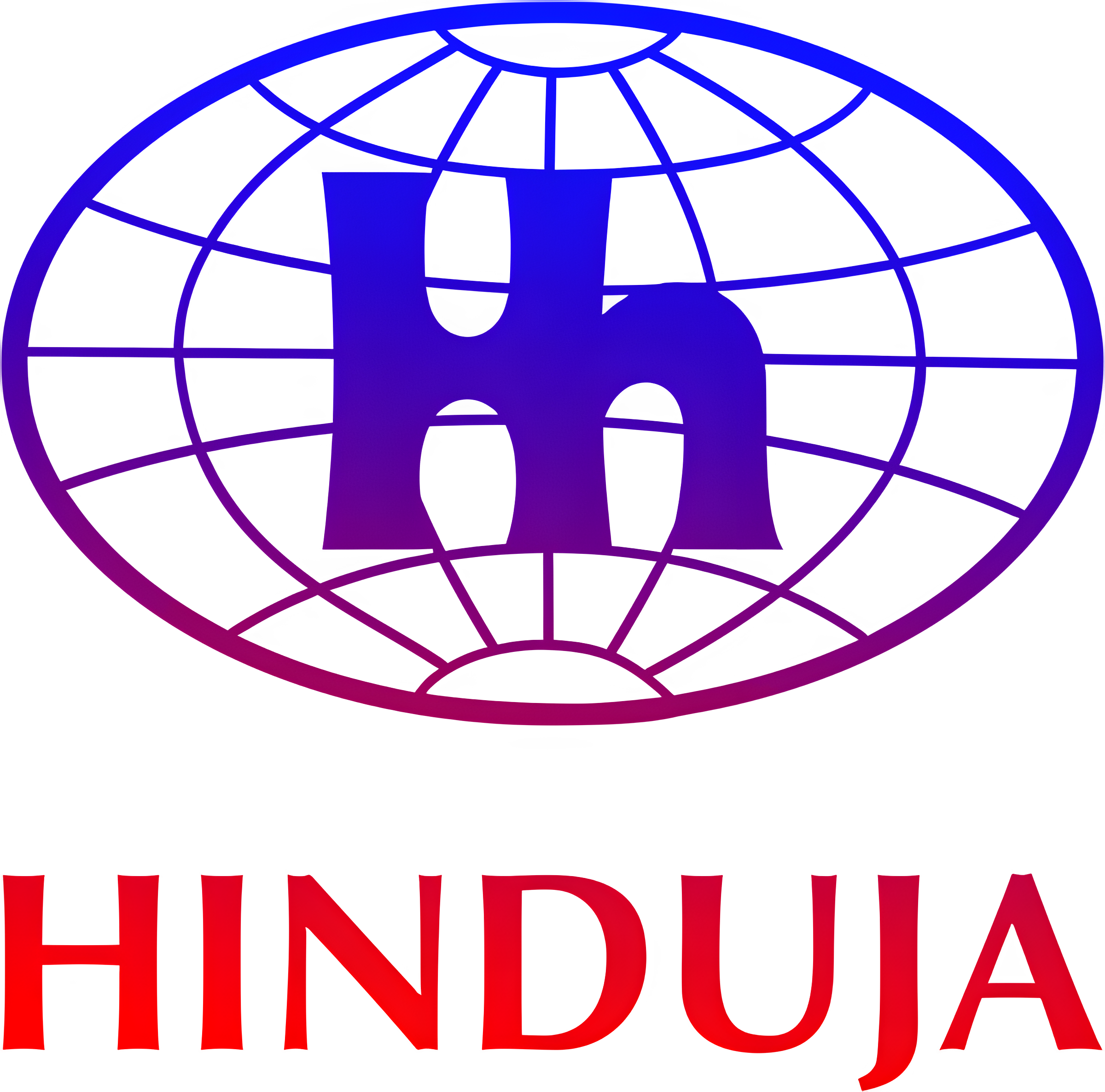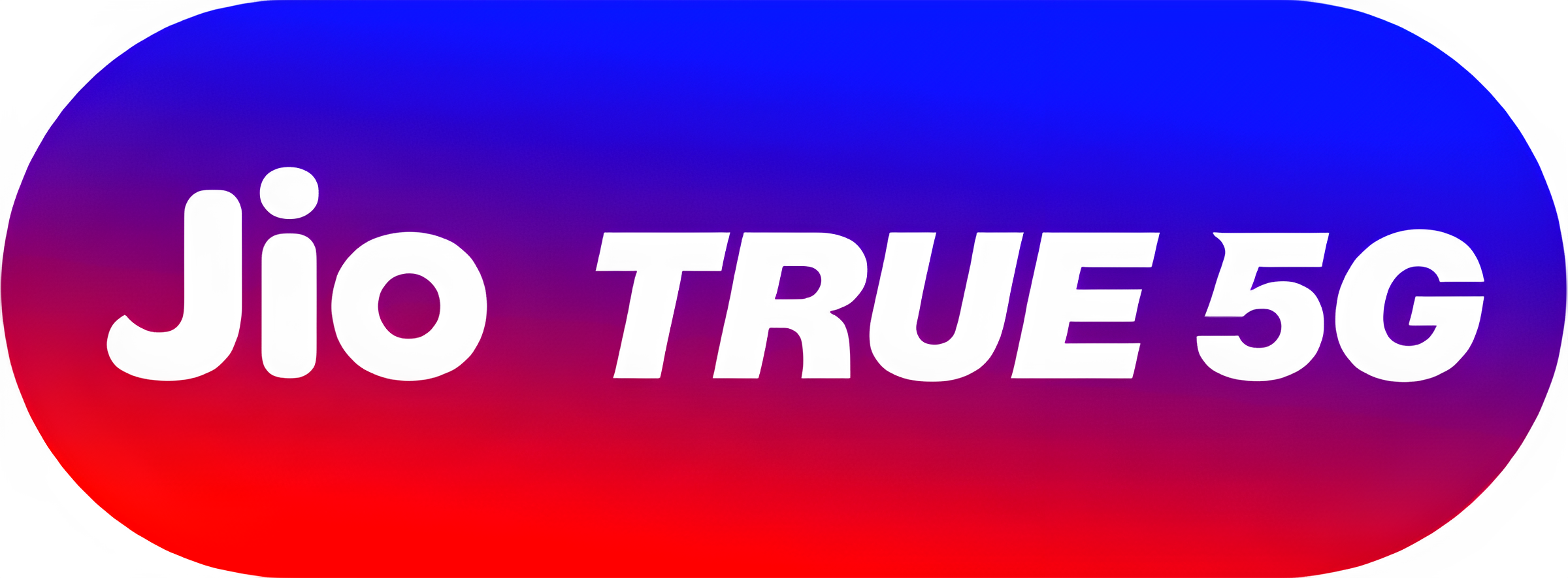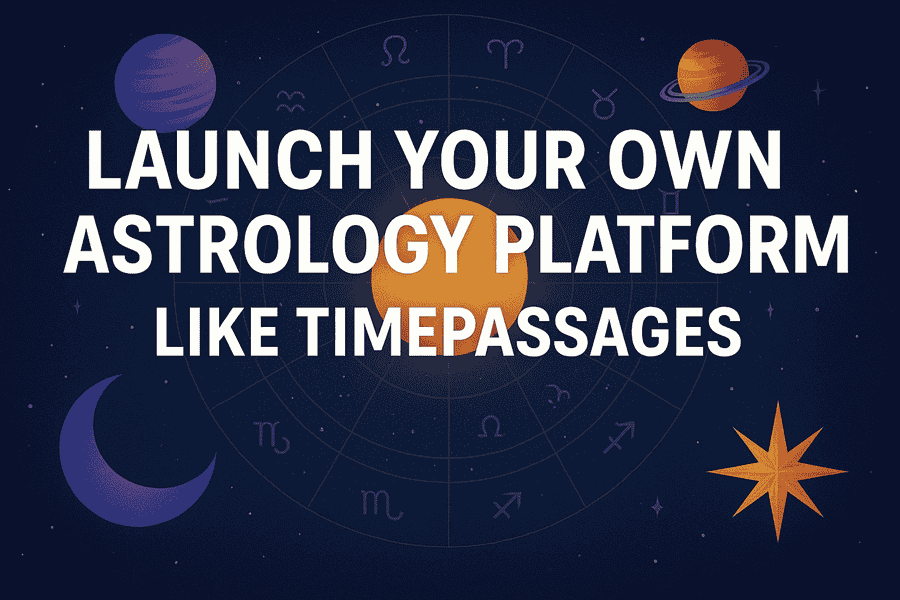Launch Your Own Astrology Platform Like TimePassages
Astrology has long piqued people's interest because it provides guidance, meaning, and insight. Astrology is now available on smartphones, tablets, and the cloud in the digital age, rather than being limited to print media or consultation offices. With features like interactive birth charts, transit interpretations, daily forecasts, and more, apps like TimePassages have brought astrology into the hands of millions of people. TimePassages provides a model for integrating usability, depth, and engagement if you are thinking about starting your own astrology platform.
To be successful, you need to combine domain knowledge with state-of-the-art mobile app development abilities, data accuracy, AI-powered forecasting, and ongoing support. It is crucial to collaborate with an astrology app development company that is knowledgeable about both astrology and technology. With end-to-end solutions ranging from design and development to maintenance and scaling, Dinoustech is the top company creating the best astrology apps. I go over everything you need to know below to create a TimePassages-style app that will be popular in 2026 and beyond.
Understanding What Makes TimePassages a Benchmark
TimePassages sets itself apart by fusing sophisticated design, profound astrological understanding, and simple usability. Input of birth information, natal chart exploration, transit overlay viewing, and textual interpretations of planetary alignments are all available to users. The app's ability to make complicated astrology understandable to both novice and expert users is its strongest point. High user retention is a result of its interactive wheel, chart comparison capabilities, and clear user interface.
Your objective should be to meet or surpass that standard in terms of user experience, content quality, and performance when you choose to create an app like TimePassages. Success depends on dependable astrology engines, high uptime, and dynamic content connected to real-time planetary data in addition to aesthetic polish. The technical partner you choose will help you get there; a company with extensive knowledge of astrology software development and ai-powered astrology apps will give you an advantage.
Features and Modules to Include in Your Astrology Platform
User registration and profile management, birth data entry and chart creation, transit and progression modules, compatibility or synastry features, predictive forecasts, interactive visuals, notifications, and content modules (articles, videos, daily tips) are all components that work together to create a powerful astrology app.
Think about AI tools that can auto-interpret charts in multiple voices, personalize forecasts, and suggest content based on user interests and profiles for more sophisticated differentiation. The application ought to facilitate multilingual support, integration with external content APIs, and customization (house systems, zodiac styles, and user preferences). Planning for modularity and ease of update is crucial because new features and updates are unavoidable. A strong software maintenance company will guarantee that your platform can grow with increasing user demand, stay safe, and evolve over time.
Technical Architecture: Backend, Frontend, and Data Pipelines
Your app's architecture serves as the cornerstone for scalability and dependability. Depending on performance and design requirements, the frontend of your platform may be developed using native iOS and Android or cross-platform frameworks (such as React Native and Flutter). High-volume astrological calculations, caching, data synchronization, and user analytics must all be supported by the backend.
To keep charting modules, content delivery, user management, and AI prediction engines separate but connected, you will probably use microservices or modular architecture. It is crucial to have real-time APIs to retrieve transit libraries, astronomical positions, or planetary ephemeris data. Large amounts of user data, chart histories, user preferences, and analytics logs must be managed by data pipelines. Data encryption, authentication, and secure infrastructure must be integrated into the architecture from the beginning because security is so important. With so many moving components, a seasoned software development company is essential to providing a solid platform.
AI and Machine Learning: Elevating Astrology with Intelligence
AI integration is one of the most attractive differentiators for an astrological platform in 2026. You can provide individualized, flexible content that changes with users by using AI-powered astrology app development. To present forecasts, articles, or chart insights that are most pertinent to everyone, AI models can examine user preferences, feedback, click behavior, and engagement metrics.
Beyond customization, AI can assist in automatically producing textual interpretations of astrological configurations. Planetary alignments can be transformed into interpretive text that is human-like by Natural Language Generation (NLG) models, expanding your content capabilities. Depending on the user's chart, predictive analytics can recommend major transit alerts for the future. Sentiment models can measure how users react to predictions and modify the level of complexity or tone accordingly. AI becomes more than just a feature when paired with domain expertise; it becomes a co-creator of insight and content.
The Development Process: From Concept to Launch
Starting an astrology app requires going through a development lifecycle that is comparable to that of any serious software product, but with subtleties unique to your industry. Ideation and market research will be the first steps, followed by the definition of the target audience, the content strategy, the technical requirements, and the astrological focus (Vedic, Western, Hellenistic, etc.).
Making mockups of chart screens, navigation flows, content modules, and interactions is the next step in the UX/UI design process. At this point, clarity and usability are crucial; astrological imagery needs to be captivating without being frightening. Building charting modules, transit modules, content modules, user account modules, notifications, and AI modules are the next steps in the development process. Unit tests, integration tests, device compatibility tests, and most importantly, astrological correctness tests (comparing generated charts to reliable astronomical sources) are all part of the extensive testing process.
You launch with your initial user base and collect feedback after the MVP is stable. Add features such as live consultations, subscription modules, synergy charts, and AI improvements over time. Using a reputable software maintenance company throughout guarantees that you can manage bug fixes, feature updates, compliance modifications, and scaling issues with ease.
Cost Estimates: What It Takes to Build This Platform
A rough cost table showing the different stages of development for an astrology platform based on TimePassages can be found below. The location, complexity, AI features, design polish, and scaling needs of your team all have a significant impact on these figures.
|
Tier / Phase
|
Included Modules & Complexity
|
Estimated Cost (USD)
|
|
Basic / MVP
|
Birth chart, daily, weekly forecasts, simple UI, basic content module
|
$25,000 – $45,000
|
|
Intermediate
|
Transit overlays, compatibility module, notifications, UI polish
|
$60,000 – $110,000
|
|
Advanced / Full Platform
|
AI content generation, multilingual support, subscription modules, analytics, high scalability
|
$130,000 – $250,000+
|
Design, front-end, back-end, API integrations, and testing are all included in these estimates. Updates, server fees, and ongoing maintenance are extra (usually 15–25% of the initial cost per year).
Selecting the best scope, avoiding overengineering, and managing your budget are all made easier when you work with the right astrology app development company.
Differentiation Strategies & Competitive Edge
To stay afloat in the face of established competitors like TimePassages, AstroSage, or Co-Star, an astrology platform needs to set itself apart. Offering specialized astrological systems (such as Chinese, Vedic, and Modern Psychological), more AI personalization, community or social chart sharing tools, live astrological coaching or consultations, interactive educational modules, and gamified predictive challenges are a few tactics.
You can provide hybrid models that combine wellness or mental health integration with astrology and content. You can increase your reach by offering APIs for third-party integrations (such as calendar sync and horoscope widgets). Visibility is aided by strong SEO content connected to charts (e.g., daily insights, trending astrological events). With AI at its core and a tech partner like Dinoustech, your platform can be more than just another horoscope app by offering both depth and enjoyment.
Scaling, Maintenance & Long-Term Support
The first step is launching your platform. You will need strong software maintenance company procedures if you want to maintain growth. Retraining AI models as data changes, patching security flaws, updating dependencies, keeping an eye on server health, adding new modules, enhancing UI/UX, and scaling infrastructure during expansion stages are all included in this.
Analytics are necessary to track feature usage, churn, and user engagement so you can make informed iterations. Constant duties include community support, compatibility with new device OS releases, model accuracy checks, and regular content refreshes. Outsourcing or collaborating with a maintenance team guarantees that your platform stays secure, stable, and developing rather than stagnant or out-of-date.
Why Choose Dinoustech as Your Technology Partner
Strong technical skills and in-depth domain knowledge are both necessary for creating an astrology platform. The best company for creating astrological apps is Dinoustech, which offers solutions that strike a balance between scalability, performance, usability, and astrological rigor. Dinoustech provides end-to-end services with expertise in astrology software development, ai-powered app development, post-launch support, and mobile app development services.
Their teams are skilled in putting into practice cross-platform UI/UX, AI-powered content creation, precise astronomy libraries, personalized interpretations, security procedures, and long-term maintenance plans. Additionally, they facilitate analytics, monitoring, infrastructure scaling, and user experience improvement—all of which are essential to the success of your platform.
Conclusion
With the correct strategy, partners, and technology stack, starting your own astrology platform like TimePassages is completely doable despite its ambitious nature. Providing chart interpretations alone will not guarantee your success; you also need to provide a personalized, insightful, and emotionally impactful experience.
Investing in ai-powered astrology app development is your way to stand out in a world where AI and machine learning are increasingly defining digital excellence. Your platform can expand, delight users, and stay competitive for years with the correct architecture, feature set, and maintenance plans.
In addition to a development team, working with Dinoustech gives you a long-term ally in realizing your astrological vision. Platforms created today must be prepared for the future as user expectations rise, and your app can succeed with thoughtful design, AI integration, and long-term support.

